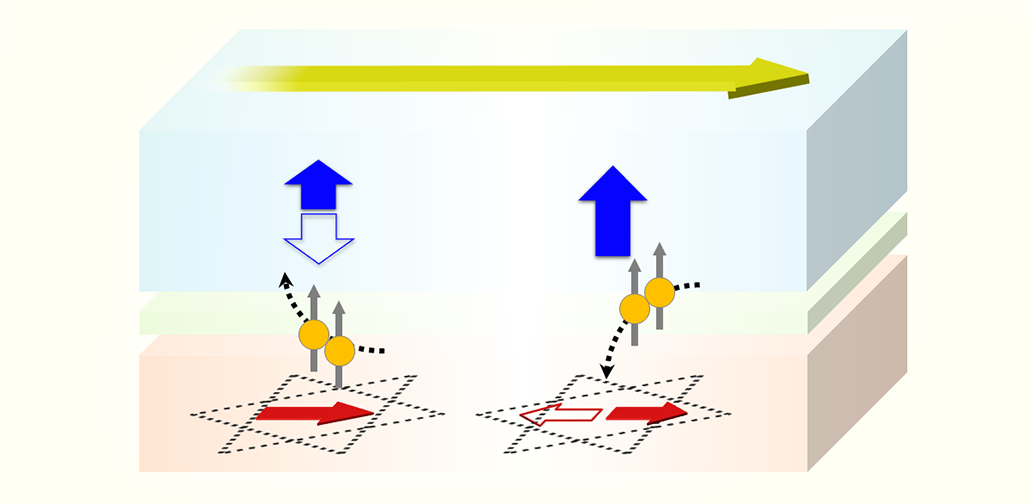Hundreds of unborn babies with life-threatening heart conditions like Matilda Guy are being given a chance of survival thanks to a specialist cardiology team at the Mater Centre for Maternal Fetal Medicine (MFM) in South Brisbane.
Matilda, who was born at Mater Mothers’ Hospital in January, was just 10 days old when she underwent open heart surgery – after a fetal heart ultrasound had identified she had a congenital heart defect that would have been fatal if left untreated.
Sunshine Coast parents Danielle Colburn, 28, and Jonty Guy, 29, said their daughter was a “miracle” and thanked the team at Mater for saving her life.
“Matilda is here today and thriving because the team at Mater did their very best for her heart before she was even born,” Ms Colburn said
Ms Colburn, who has an older son Parker, 3, said a 20-week pregnancy scan at MFM identified Matilda had a congenital heart defect (CHD) called Transposition of the Great Arteries (TGA) – a serious heart problem in which the two main arteries leaving the heart are reversed.
“Matilda’s arteries were in the wrong place and that reduced the amount of oxygen-rich blood to her body,” Ms Colburn said.
“We were in absolute shock when we found out Matilda could die if her heart defect was left untreated.”
Ms Colburn, who works as a radiology nurse, said it was during a 12-week pregnancy at another hospital that doctors found the nuchal fold in the back of Matilda’s neck was “bigger than normal” – indicating possible chromosome or cardiac issues.
“Fortunately, the team at Mater gave us hope. We were reassured there was something surgeons could do to fix it,” she said.
MFM Sonographer Alison Lee-Tannock, who has worked at Mater for 25 years and has a PhD in fetal and paediatric echocardiography said Mater Mothers’ is Australia’s leading centre for fetal echocardiography. The team performs 300 fetal echocardiograms each year.
“Patients usually have two to three echoes if their baby has a cardiac anomaly in their pregnancy,” Dr Lee-Tannock said.
“Our knowledge, the equipment and the service demands have increased over these years,” Dr Lee-Tannock said.
Dr Lee-Tannock said the advantages of diagnosing cardiac anomalies, particularly complex ones, include enabling families to better prepare for caring for their baby after birth, birthing in a hospital that offers neonatal intensive care and paediatric cardiac surgery and, in some cases, preparing for palliative care.
“Patients are referred for fetal echocardiography for specific reasons. These include being at a high risk of having a baby with CHD, or having an obstetric scan which suspects a cardiac anomaly, or one is found during routine imaging,” she said.
“They are also referred for fetal echo if another anomaly is diagnosed which has associations with CHDs, including a diaphragmatic hernia and chromosome anomaly.
“MFM cannot diagnose and counsel parents who have babies with CHD unless they are suspected at routine screening and referred to the service. Consequently, providing education to the sonography community is important in order to increase antenatal detection rates.
“In some cardiac conditions the baby’s chance of survival is much lower if the cardiac anomaly is not diagnosed antenatally and the baby does not deliver at a tertiary centre which offers neonatal intensive care and paediatric cardiac surgery.”
Dr Lee-Tannock said the team of specialised staff allow for holistic patient care and includes a paediatric cardiologist, MFM sonographer, cardiac nurse, MFM consultant, Neonatologist and MFM midwife.
“We primarily assess structural congenital cardiac anomalies, just like Matilda’s, as well as rhythm anomalies,” she said.
“We have diagnosed additional anomalies in several cases of women who were diagnosed with or suspected of having babies with cardiac anomalies.
“An integrated team approach provides the best patient outcomes. No other centre in Australia provides such an integrated service.”







